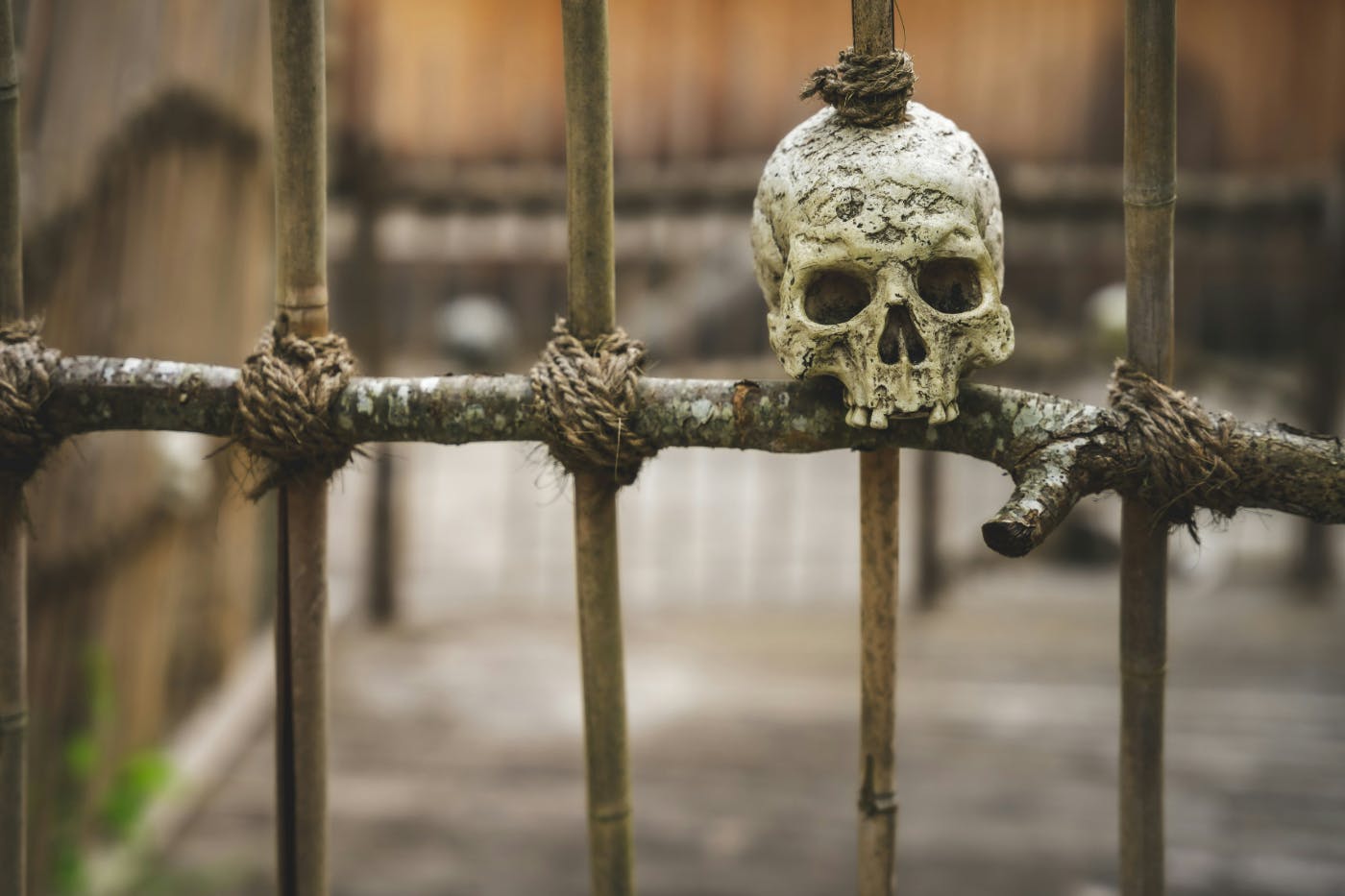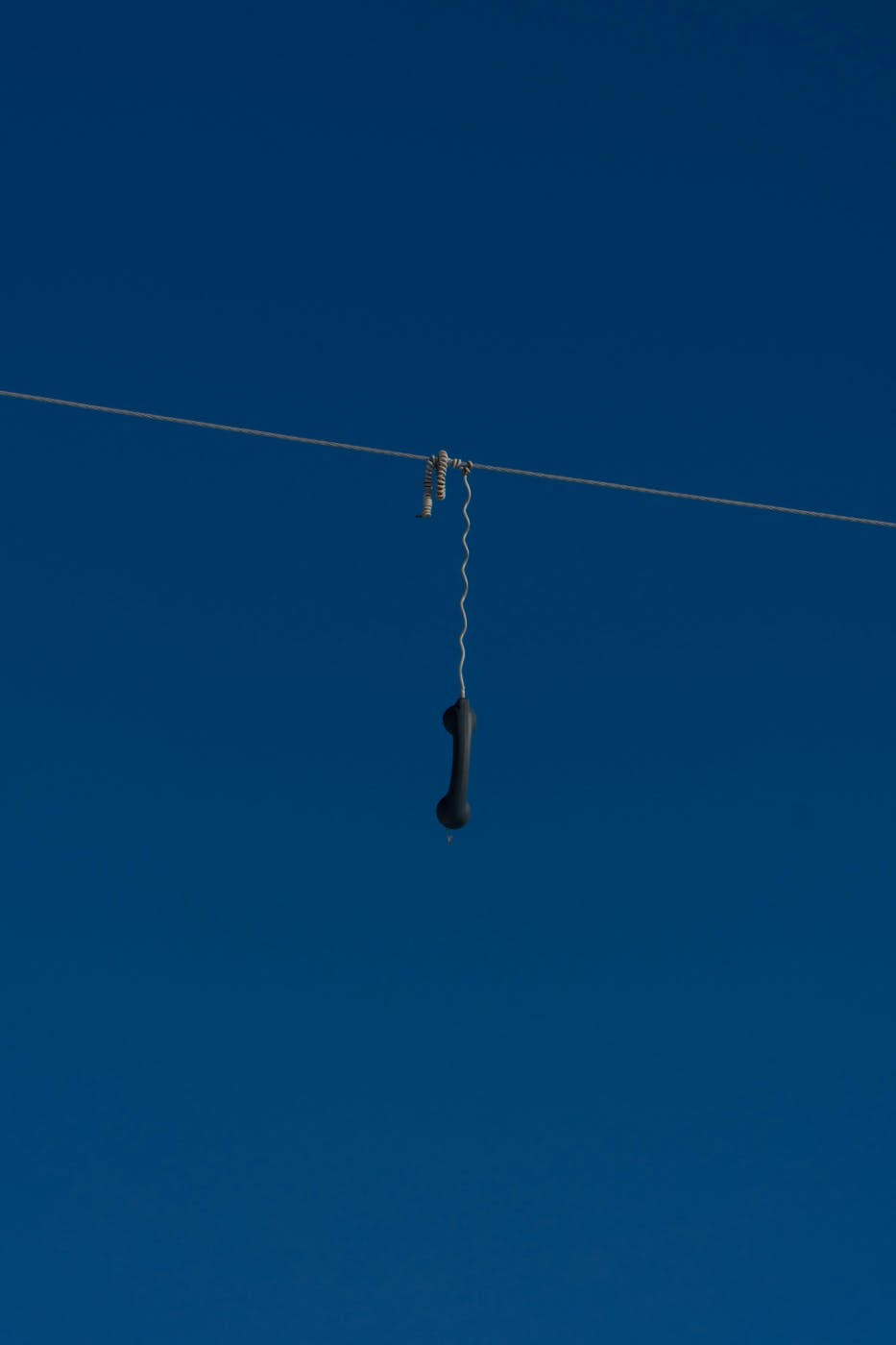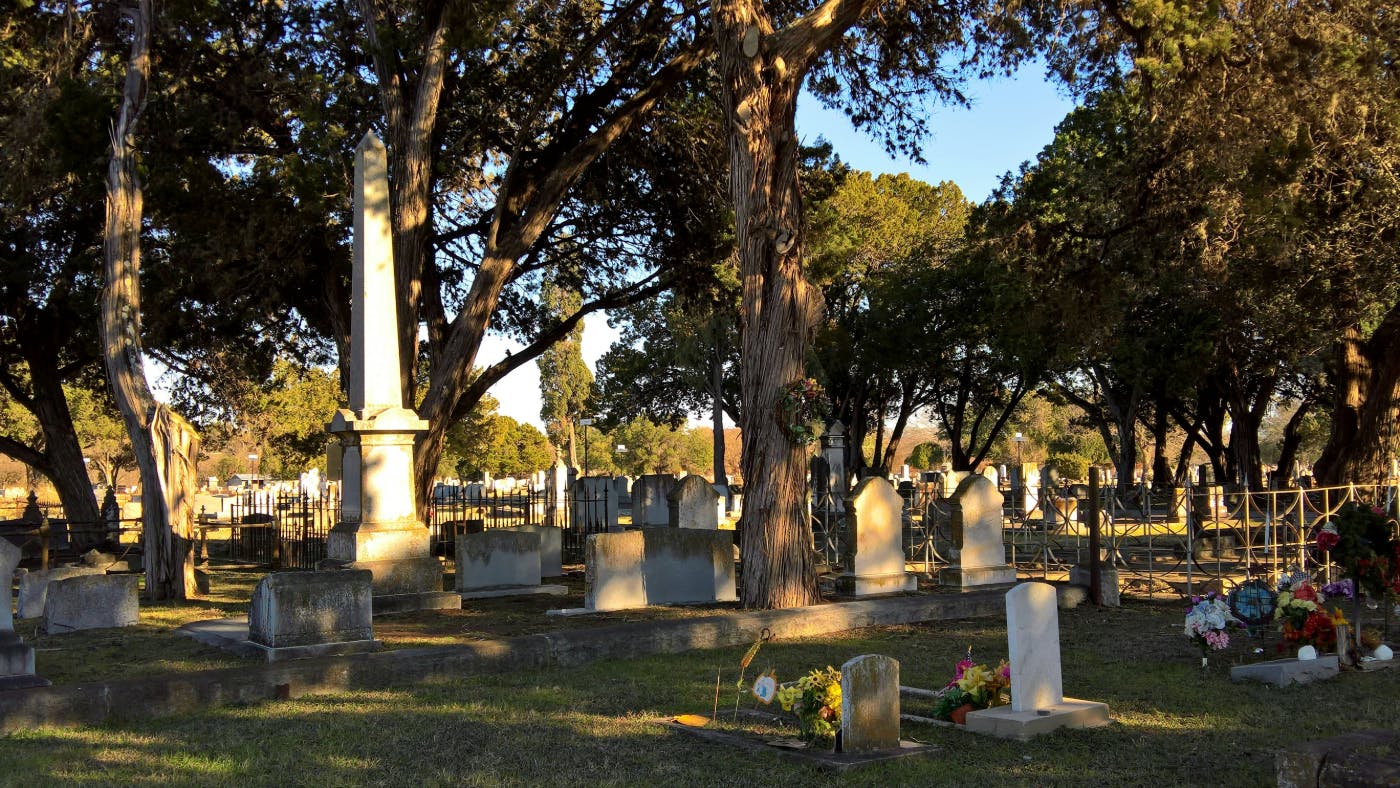
Companies measure output, revenue, and efficiency; they rarely measure well-being. And when they do, it’s framed as a checkbox or a survey, not a systemic intervention.
The Gods of Olympus are no longer. Or at least they hide away until there is another Greek restaurant and the walls are adorned with images of Zeus and Vulcan. But for now, we have no fear of offending them, no worries about being chained to a mountainside while a giant eagle comes daily to eat our livers, and then we languish while we heal, only for it to start all over again the next day. Imagine that job posting: “Ambitious go-getter wanted to defy the Gods and give fire to man. Must have a rebellious streak and an overdeveloped sense of justice. No fear of heights is a plus.”
There is no chaining up to the side of a mountain in today’s workforce, so we’re good. All is wonderful, right? Nope. No chains, no eagles—but plenty of lost sanity if you work at the Foxconn factory in Shenzhen, China. Sure, no one was chaining those folks to a mountainside, but they were so deeply depressed and terrified putting together pieces of iPhones that many low-paid workers were just jumping out of windows and killing themselves because of the harsh conditions. They killed themselves due to the terrible working conditions. In these modern times.
Is that real?
Yes. And worse, recently, a worker at Microsoft had a heart attack and died at his desk because he was overworked. The company demanded so much of him and his time. He came in at night, after he had already worked all day, to catch up—or try to, at least—because he felt he was behind and feared punishment. He overworked, despite the warnings of friends and family who saw it coming and begged him to slow down. And then … he died.
This isn’t rare. In fact, it’s so common that the Japanese have a word for it: karōshi, which literally translates to “death from overwork.” We give it a name so we don’t have to awkwardly explain: “He worked all the time, too much, so much, in fact, that he died of a heart attack at his desk, after working hours.” Now we can simply say: cause of death—karōshi.
Is this it? Is this the future? Is this what companies really want? Employees so strapped for money, so terrified of losing their jobs, that they will literally work themselves to death?

When Hustle Culture Becomes a Death Sentence
We like to think of overwork as something personal, an individual failing: the ambitious, the “go-getters,” the perfectionists. But this isn’t a personality flaw—it’s a system flaw. A machine built to demand more than humans can sustainably give. Microsoft isn’t a unique villain here. Foxconn wasn’t an isolated horror story. Karōshi isn’t confined to Japan, even though the Japanese gave it a name. The pattern is everywhere: workers crushed by invisible expectations, under invisible pressure, until the body finally says “enough.”
Workplaces celebrate hustle. “Grind culture.” “All-in energy.” “Go above and beyond.” Words that sound motivational until you remember they’re shorthand for sleep deprivation, skipped meals, and the eroding of every personal boundary you once had. Companies measure output, revenue, and efficiency; they rarely measure well-being. And when they do, it’s framed as a checkbox or a survey, not a systemic intervention.
The Microsoft employee didn’t die because he lacked grit. He died because he was expected to do more than one human body could bear. He stayed late, not out of ambition alone, but out of fear—fear of being judged, fear of falling behind, fear of consequences he couldn’t control. That’s the kind of fear that multiplies silently in workplaces that value production over people.
And let’s not sugarcoat it: overwork kills. Cardiovascular disease, stroke, depression, anxiety—these aren’t abstract risks; they are consequences. Studies in Japan estimate thousands die every year from karōshi, and global research suggests similar patterns are creeping into U.S. tech culture, finance, and even start-ups preaching “work-life balance” while quietly demanding 80-hour weeks.
This isn’t just sad—it’s strategic. Companies know a stressed, overworked workforce is easier to manage, more compliant, more disposable. That’s the dark side of “hustle culture”: it’s not just a mindset, it’s a mechanism.
So, the question isn’t only whether overwork kills—it’s why we let it. Why do brilliant, hardworking humans still feel compelled to stay late, skip meals, ignore exhaustion, and sacrifice health just to keep their jobs? Why is death sometimes the price of participation?
And before you start thinking this is only a tech or factory issue, think again. Karōshi isn’t picky. Overwork doesn’t care if you’re assembling electronics in Shenzhen, coding in Redmond, crunching numbers in Manhattan, or emailing clients at 11 p.m. from your couch. The disease of overwork has metastasized. And the symptoms are all around us, visible if we bother to look: chronic fatigue, anxiety, heart disease, burnout, attrition, broken families, and too often, death.

Why Companies Let This Happen
Let’s be blunt: no one sits around a conference table and says, “How can we make our employees literally work themselves to death?” Yet somehow, it happens. Again and again. And it’s not always malicious. Sometimes it’s greed. Sometimes it’s ignorance. And sometimes it’s that seductive, invisible thing called “culture.”
Culture is a sneaky predator. It wears nice clothes. It tells you that staying late is proof of commitment, that answering emails at midnight is dedication, that skipping lunch is a badge of honor. It whispers: If you’re not exhausted, you’re not working hard enough. Managers nod. Employees obey. And somewhere along the line, someone dies quietly at their desk.
Then there’s the incentives. Companies reward output, not sustainability. Promotions, bonuses, recognition—they all flow to the ones who push harder, stay later, respond faster. Efficiency is king. Well-being is an afterthought, a checkbox in a slide deck. The message is clear: produce, or perish. And the irony is that those who survive the grind often become the ones perpetuating it, because they internalize the myth: I survived, so you should too.
There’s also fear, a subtle but powerful motivator. Fear of losing your job. Fear of missing the next promotion. Fear of being labeled “lazy” or “unambitious.” Fear is the quiet engine of overwork. You can ignore culture and incentives if you want, but fear? That’s personal. That’s internalized. That’s nearly impossible to shake.
And let’s not ignore the myth of control. Companies preach “work-life balance” like a mantra, yet the structure contradicts it. Long hours are glorified, meetings pile up, and expectations creep into evenings and weekends. Employees may think they’re choosing to overwork—but it’s rarely a choice. It’s pressure dressed as freedom.
Finally, we have the tech factor. The Microsoft example isn’t random. Modern work, especially in tech, blurs the lines between work and life. Devices ping, calendars alert, messages demand attention. Work is everywhere. And because of that, overwork is invisible until it’s too late.
So why does it happen? Because it’s profitable. Because culture encourages it. Because fear makes it sticky. Because technology enables it. And because, collectively, we’ve decided it’s normal.

Rethinking Work Before It Kills Us
So, what’s the alternative? Is there a world where employees aren’t dying quietly at their desks, where humans don’t have to treat their bodies like machines and pray they survive the grind? Spoiler: yes, there is. But it requires breaking some myths and shattering some sacred cows.
First, we have to stop glorifying overwork. Staying late is not a badge of honor. Skipping meals is not dedication. Answering emails at midnight does not make you “committed.” These are relics of a culture that confused martyrdom with merit. Human beings are not assets to be exhausted; they are the engine of any company, and engines burn out if you push them too far.
Next: structure matters. Policies, schedules, and boundaries make or break health. Countries with stronger labor protections, reasonable working hours, and enforced leave see fewer cases of karōshi. That’s not a coincidence—it’s math. Less stress = longer lives. Imagine a workplace where work ends at 5 p.m., where vacations are respected, where mental health days exist and are used. Radical, I know—but it works.
Technology, often the culprit, can also be part of the solution. Tools that organize, prioritize, and streamline work instead of intruding into every hour of life can actually reduce stress. Slack channels that can be muted. Emails that can wait. Calendars that respect human rhythm, not just business objectives. Simple, but effective.
Then there’s leadership. Real leaders don’t celebrate who stays latest—they celebrate results, innovation, and well-being. Leaders set the tone. When executives model balance, everyone else gets permission to do the same. Companies that treat humans like humans, not drones, see more loyalty, more creativity, and, ironically, more output—not less.
Finally, we need language. Words like karōshi are warnings, not abstract curiosities. Naming a problem is the first step to solving it. Recognize overwork as a hazard, not a virtue. Talk about burnout before it becomes tragedy. Encourage transparency. Normalize saying, “No, I can’t. I’m human.”
It won’t happen overnight. It won’t be easy. And yes, there will always be deadlines and hard work. But the alternative—the cost of ignoring this—is human lives. And no quarterly report, no tech innovation, no bottom line is worth that.
Because, at the end of the day, the Gods of Olympus may be gone. The eagles may have disappeared. But in our modern world, chains are invisible, and the mountainsides are everywhere. We have to choose whether we build workplaces where humans can thrive—or die trying.
Summing Up
The Gods of Olympus may have vanished, but the mountainsides remain. Only now, the chains are invisible, the eagles are digital, and the punishments are measured in heartbeats, sleepless nights, fraying sanity, and the slow erosion of human dignity. We tell ourselves it’s ambition, dedication, hustle—but the truth is far less glamorous. It’s a system that rewards endurance at the cost of life itself, that confuses exhaustion with excellence, that whispers: Push harder. Stay later. Sacrifice yourself for the company, because somehow, that’s noble.
Imagine a world where people live to work instead of working to die. Where “balance” isn’t a buzzword slapped on a slide deck but a daily practice, enforced and respected. Where deadlines and innovation coexist with sleep, meals, and human connection. Where leaders model humanity instead of martyrdom, and where technology serves us instead of enslaving us. That world isn’t fantasy—it exists wherever companies choose to value people over profit, well-being over output, and life over endless lists of KPIs.
Because let’s be brutally honest: no quarterly report, no groundbreaking app, no viral product launch is worth the cost of a human life. The lesson of karōshi is as simple as it is terrifying: we can’t keep pretending that overwork is a virtue, that exhaustion is a mark of commitment, that death at a desk is just the price of doing business. It’s not. And until we build workplaces where humans can thrive—truly thrive—we’ll keep repeating the same mythic tragedy, over and over again, only now without eagles or chains.

